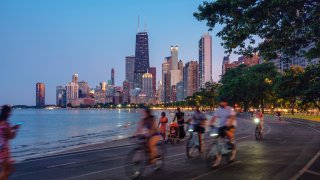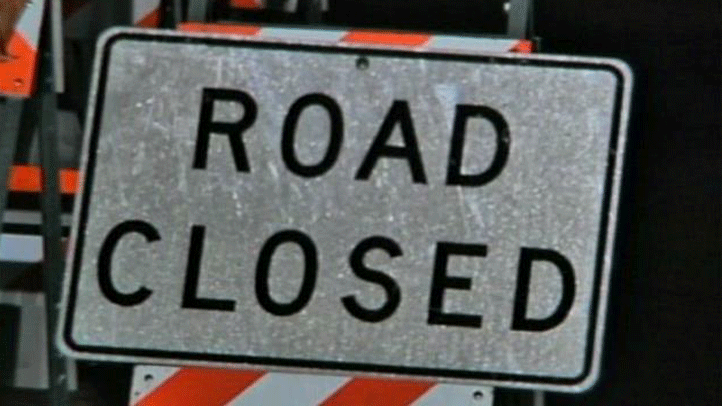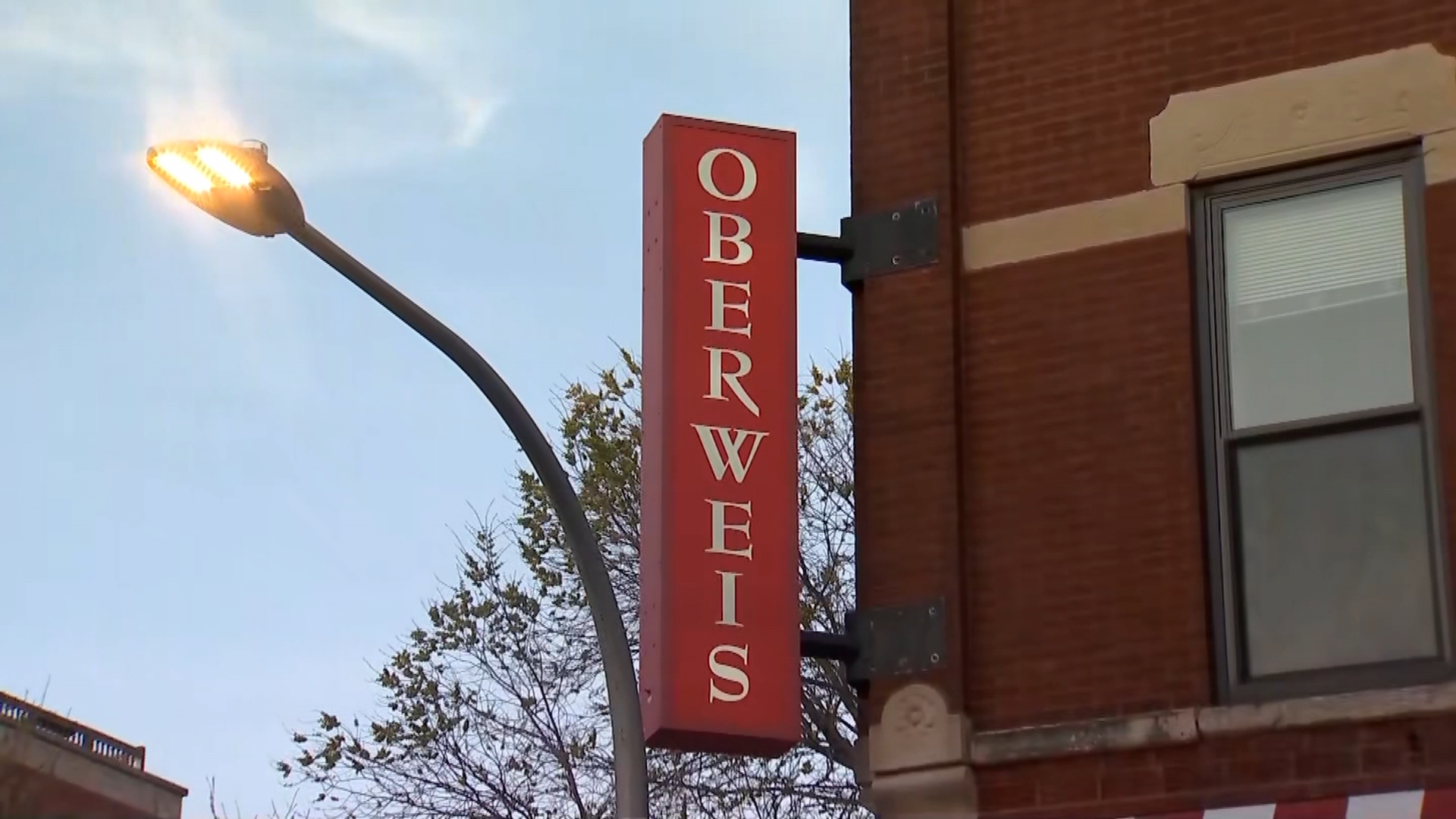
Chicago will distribute 5,000 free bicycles, helmets, locks and lights to promote “sustainable modes of transportation” and bolster its reputation as a cycling city, a top mayoral aide said Thursday.
Chicago Transportation Commissioner Gia Biagi revealed that plan — but no details — in a speech to the City Club of Chicago, where she talked about her love of cycling and about the city’s goal to help Chicagoans who may not own a bike or even know how to ride one.
Biagi called it a “community cycling strategy.” It’s aimed at developing bike routes that acknowledge the reality of “everyday life” in Chicago neighborhoods.
“While we have done and will continue to do a ton of work in developing those commuter routes — getting to work and back — we realized that if we want to become the best big city for cycling in the country, if we want every one of us to spend time on a bike — and we do want that — we need to make biking a part of everyday life,” Biagi said.
Feeling out of the loop? We'll catch you up on the Chicago news you need to know. Sign up for the weekly Chicago Catch-Up newsletter here.
“Not just to work. Four-fifths of trips in a city are not to work. They’re all of these other places. So just focusing on getting you to work by bike — that’s not gonna get us there. What’s gonna get us there is community-based planning.”
Biagi cited as an example her department’s work to “connect the dots” in North Lawndale and Belmont Cragin.
By the end of this year on the West Side alone, the city will have added 45 miles of new bikeways that “fill the gaps” and create a “neighborhood network.” Similar projects are underway or planned across the city.
Local
“By the end of this year, we will have added more than 125 miles of new bikeways to our system since 2020. This surpasses the mayor’s goal of 100 miles in her first term. We blew right past it. We have never built bike infrastructure this quickly in our city’s history. Last year was the biggest year ever. And we’ve been at it since 2010,” said Biagi, who was introduced Thursday by Mayor Lori Lightfoot.
“Over the next two to three years, we’re gonna hit a total of 500 miles of bikeways in our city — up from the 300 miles we’ve been hovering at for the last several years. … We will be transforming painted lanes into protected lanes everywhere we can. We’ll be doubling our mileage in that regard. … We make these small networks in neighborhoods. And then, we connect them.”
The much-ballyhooed expansion of Chicago’s Divvy bike rental program — making it the largest in the nation — will be completed this year. Divvy discounts for low-income residents will be expanded — instead of $5 a year for a single membership, it’ll be $5 for five years, the commissioner said.
“And also, announcing right now, we’re gonna give away 5,000 bikes to Chicago residents. Free bikes. And a helmet. And a bike lock. And it’s not gonna be a Divvy bike,” Biagi said, to applause.
“We need to do our part, right? We’re building out the network. We’ve got the bikes.”
The bike giveaway will be bankrolled by a “Climate Recovery Bond,” said Sue Hofer, Chicago Department of Transportation spokeswoman. It’s one of a host of projects and programs intended to “improve the mobility of residents” and “encourage the use of sustainable modes of transportation.”
When, where and how the bikes will be given away, as well as who will be eligible, was not yet known.
“The city will co-design the program in partnership with community organizations over the next year,” Hofer told the Sun-Times.
Also Thursday, Biagi joined Lightfoot, Planning and Development Commissioner Maurice Cox and Interim Chicago Park District Superintendent Rosa Escareno in releasing a “citywide vision of trails and open spaces” that will add 48 miles to the city’s 79-mile network of trails and open spaces.
None of the projects are brand new. None are fully-funded. Some will take years and tens of millions of dollars to complete.
But the $15 million commitment Lightfoot announced Thursday is, at least, a down payment on that vision.
“When you match this vision for trails and corridors to our pursuit of that citywide bike system [and] safe walking in communities, you get the most connected city in the country. And that is where we are headed,” Biagi said.



